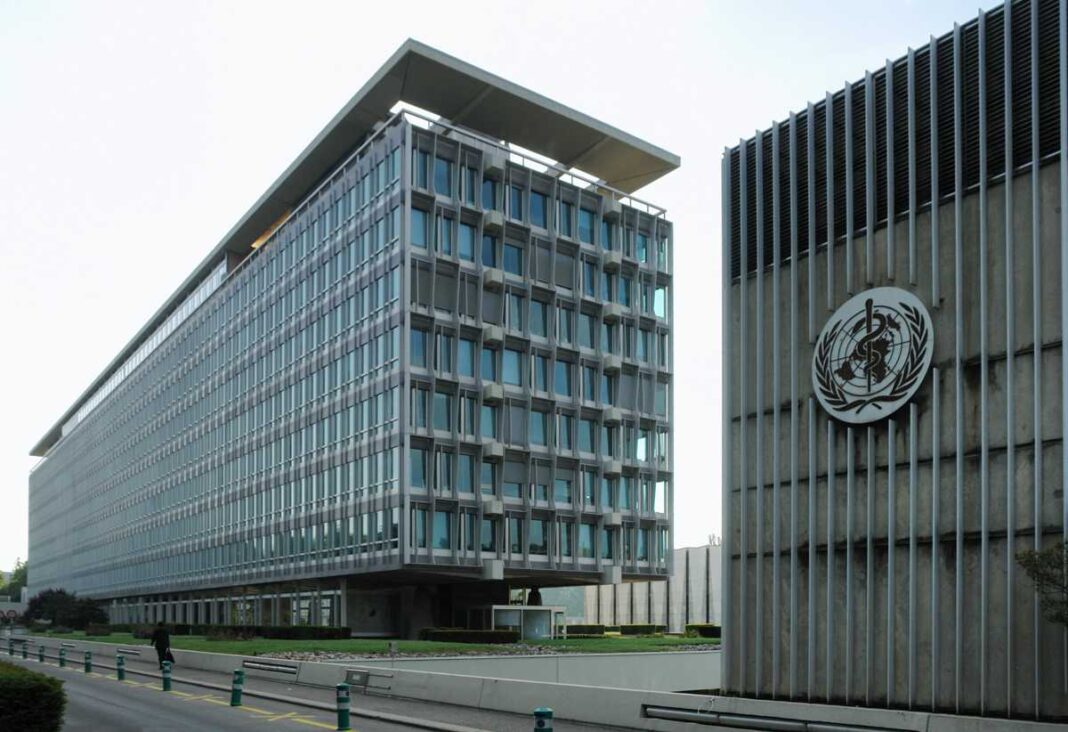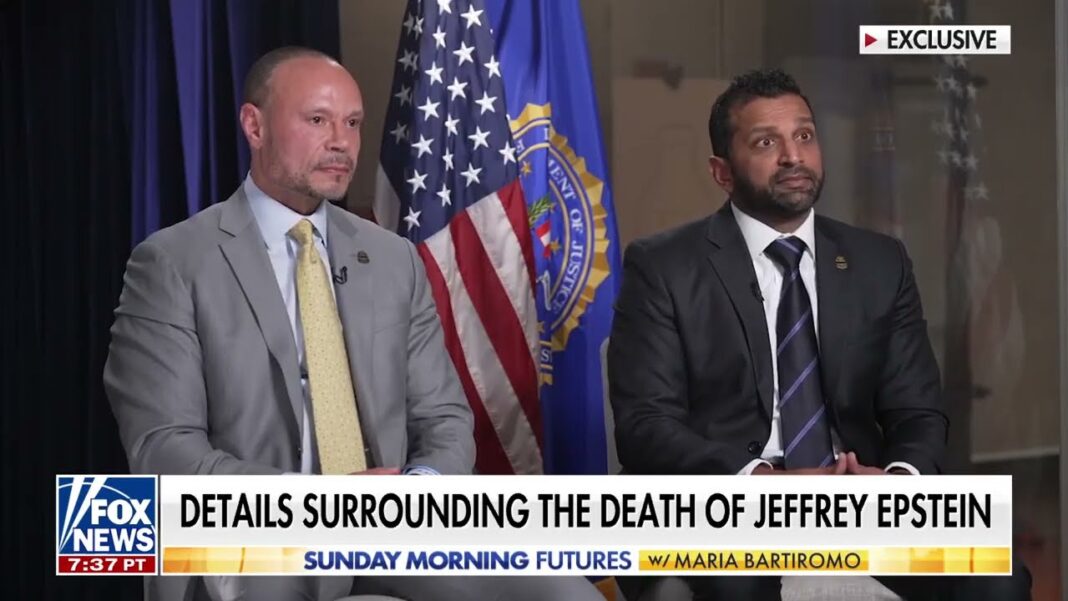Lawmakers supporting the agreement say it adapts to the current political environment.
Reps. María Elvira Salazar (R-Fla.) and Verónica Escobar (D-Texas), along with 18 other bipartisan lawmakers, introduced a new version of the Dignity Act immigration reform bill on July 15, which seeks to grant protected status to some illegal immigrant workers.
“It takes a lot of courage to step up and say that you want to be part of the solution, especially on the issue of immigration, one of the toughest in the country,” Salazar said at a press conference on July 15 in the House Triangle of the U.S. Capitol in Washington.
“Today begins the path to giving dignity to the millions who live in darkness!” she wrote on X on June 15 before introducing the bill.
The Dignity Act of 2025 seeks to address immigration issues after securing the border, allowing certain illegal immigrants to apply for legal status if they meet specific criteria and expedite the asylum application process. It replaces the one introduced in 2023.
“After more than two years of negotiation, there is an updated compromise that addresses legal status and protections for undocumented immigrants, border security, asylum reform, and visa reform,” Escobar said in a statement.
The bill proposes the Dignity Program, valid for seven years, which would offer legal status—not citizenship—to illegal immigrants who have been in the United States since before Dec. 31, 2020, if they pay $7,000 in restitution, remain in legal compliance, and do not receive federal benefits, allowing them to work, obtain legal status, and be in good standing with the law.
“That means they’ll pay a $7,000 fine over seven years, using their own health insurance, without access to any federal programs, and will contribute 1% of their salary to the U.S. Treasury,” Salazar said.
Additionally, the law includes protections for Dreamers who meet educational, work, or military service standards; a modernization and streamlining of the legal immigration system to reduce backlogs in green card applications and create new temporary visa options for families and students; and the establishment of a $70 billion investment in the American workforce, among other initiatives.







